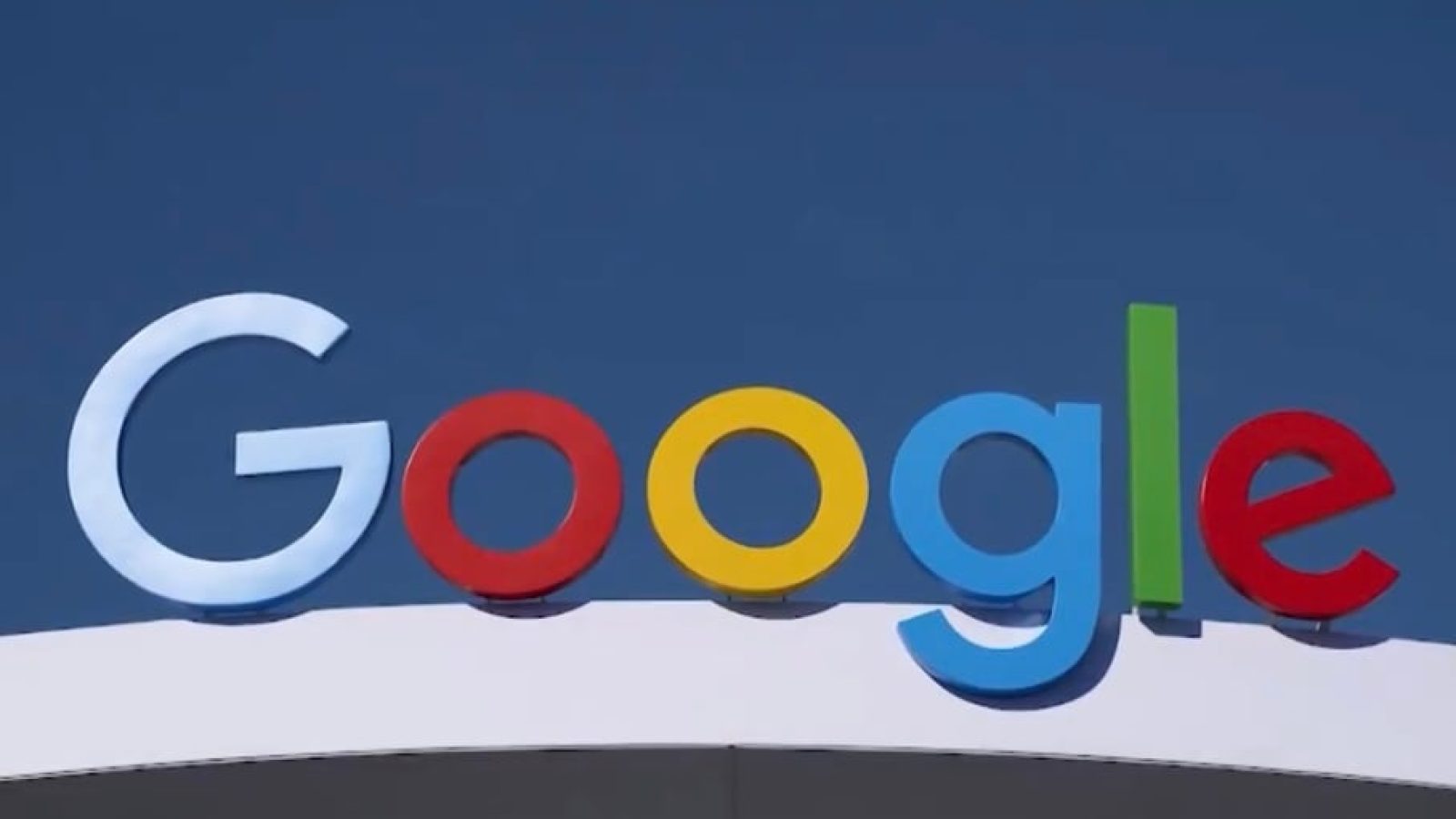The U.S. Department of Justice is considering an option to break up Google after a judge ruled the tech giant ‘has exercised monopoly power’ and violated antitrust law.
"A Justice Department spokesperson said it is evaluating the court's decision and will assess the appropriate next steps consistent with the court's direction and the applicable legal framework for antitrust remedies," Reuters reports.
The Justice Department has not made a final decision on the matter.
NEWS: A rare bid to break up Alphabet Inc.’s Google is one of the options being considered by the Justice Department after a landmark court ruling found that the company monopolized the online search market, reports @leah_nylen @annaedge4 citing sources$GOOGL down 1% in AH
— Ed Ludlow (@EdLudlow) August 13, 2024
Per Reuters:
The verdict, delivered last week, held that Google violated antitrust law, spending billions of dollars to create an illegal monopoly and become the world's default search engine. The ruling is seen as the first big win for federal authorities taking on the market dominance of Big Tech.
The DOJ's other options include forcing Google to share data with competitors and instating measures to prevent it from gaining an unfair advantage in AI products, Bloomberg's report said, citing people familiar with the matter.
ADVERTISEMENTDivesting the Android operating system was one of the remedies most frequently discussed by justice department attorneys, the report said.
Officials were also considering trying to force a possible sale of AdWords, Google's search ad program, and a possible divestment of its Chrome web browser, according to the report.
WATCH:
A rare bid to break up Alphabet’s Google is one of the options being considered by the Justice Department after a landmark court ruling found that the company monopolized the online search market, according to people with knowledge of the deliberations https://t.co/zq98sCZZN3 pic.twitter.com/uHbdn62rJv
— Bloomberg TV (@BloombergTV) August 13, 2024
"After having carefully considered and weighed the witness testimony and evidence, the court reaches the following conclusion: Google is a monopolist, and it has acted as one to maintain its monopoly. It has violated Section 2 of the Sherman Act,” District Judge Amit Mehta wrote in the ruling.
“Specifically, the court holds that (1) there are relevant product markets for general search services and general search text ads; (2) Google has monopoly power in those markets,” the ruling noted.
“Importantly, the court also finds that Google has exercised its monopoly power by charging supracompetitive prices for general search text ads. That conduct has allowed Google to earn monopoly profits,” it added.
"'T]he court reaches the following conclusion: Google is a monopolist, and it has acted as one to maintain its monopoly. It has violated Section 2 of the Sherman Act."
BREAKING.
A federal judge has *FINALLY* ruled Google has an ILLEGAL monopoly on both search and advertising pic.twitter.com/yz2oOpcDm4
— Kyle Becker (@kylenabecker) August 5, 2024
From the New York Post:
In a landmark ruling last week, Mehta determined that Google is a “monopolist” that has relied on billions of dollars in payments to partners like Apple, Samsung & AT&T – including $26.3 billion in 2021 alone – to ensure its search engine is enabled by default on most smartphones.
ADVERTISEMENTMehta ruled Google violated Section 2 of the Sherman Antitrust Act in two markets – general search services and general text advertising — and found the default search engine deals “are exclusive and have anticompetitive effects.”
The DOJ is expected to ask Mehta to block Google from offering default deals in the future.
Google shares fell more than 1% in after-hours trading Tuesday.
A proposal to break up Google would be the first of its kind by the feds in more than 20 years. The DOJ won a major antitrust case against Microsoft but later abandoned a push to break up the company in 2001.
The DOJ will outline its proposed remedies to tackle Google’s monopoly during the second set of court proceedings related to the antitrust case, which are slated to kick off in September.
WATCH:
This is a Guest Post from our friends over at 100 Percent Fed Up.




Join the conversation!
Please share your thoughts about this article below. We value your opinions, and would love to see you add to the discussion!